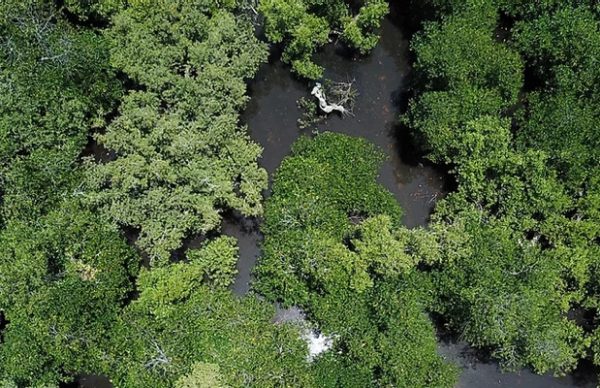 3y
Potential for Return on Investment in rehabilitation-oriented Blue Carbon projects
3y
Potential for Return on Investment in rehabilitation-oriented Blue Carbon projects
Abstract Opportunities to boost climate change mitigation and adaptation (CCMA) and sustainable conservation financing may lie in enhancing blue carbon
 3y
How do we help deliver systems-level sustainability innovation for responsible global brands?
3y
How do we help deliver systems-level sustainability innovation for responsible global brands?
This peer-review research paper takes a deep dive to discover how our inclusive fishing-net value chain helped to deliver sustainability
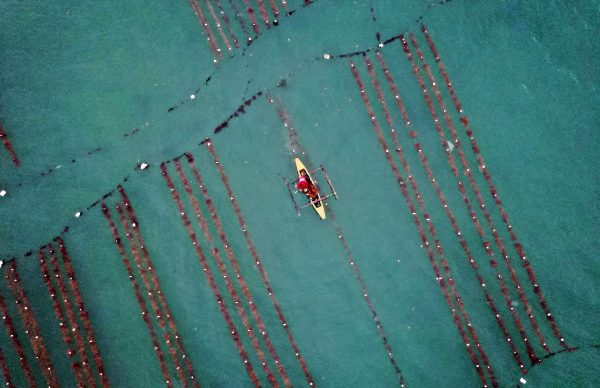 4y
The interaction between seaweed farming as an alternative occupation and fisher numbers in the central Philippines
4y
The interaction between seaweed farming as an alternative occupation and fisher numbers in the central Philippines
Abstract Alternative occupations are frequently promoted as a means to reduce the number of people exploiting declining fisheries. However, there
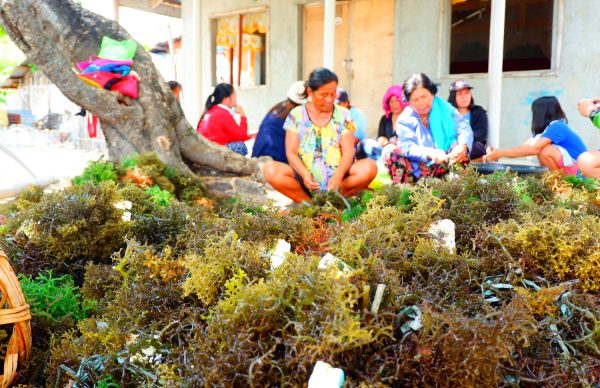 4y
Is certification the answer? A consideration of local power and perspectives in a seaweed value chain
4y
Is certification the answer? A consideration of local power and perspectives in a seaweed value chain
Abstract The global seaweed industry has grown rapidly over the last two decades, and its connection with both livelihoods and
 4y
Locally assessing the economic viability of blue carbon: A case study from Panay Island, the Philippines
4y
Locally assessing the economic viability of blue carbon: A case study from Panay Island, the Philippines
Abstract Previous blue carbon studies have focused on discrete carbon stock assessments and overarching systematic reviews which broadly speculate that it may
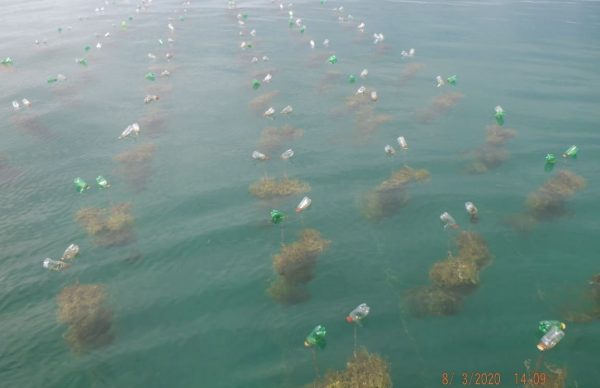 4y
Livelihood diversification for conservation: Interactions between seaweed farming and fishing in Danajon Bank, central Philippines
4y
Livelihood diversification for conservation: Interactions between seaweed farming and fishing in Danajon Bank, central Philippines
Abstract Livelihoods-based approaches are increasingly used within conservation projects in developing countries to help reduce the exploitation of species for
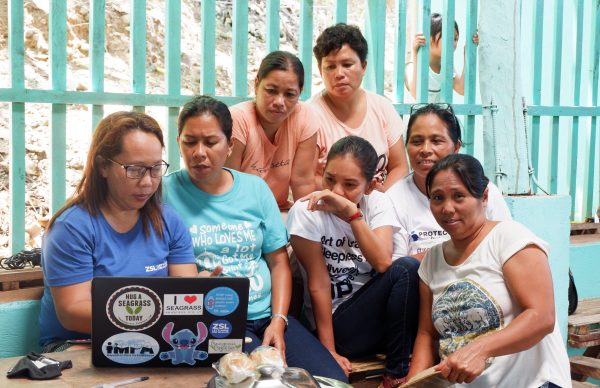 4y
Challenging assumptions: the gendered nature of mosquito net fishing and the implications for management
4y
Challenging assumptions: the gendered nature of mosquito net fishing and the implications for management
Abstract Mosquito net fishing (MNF) is a growing activity globally, particularly in places where mass distributions of nets are a
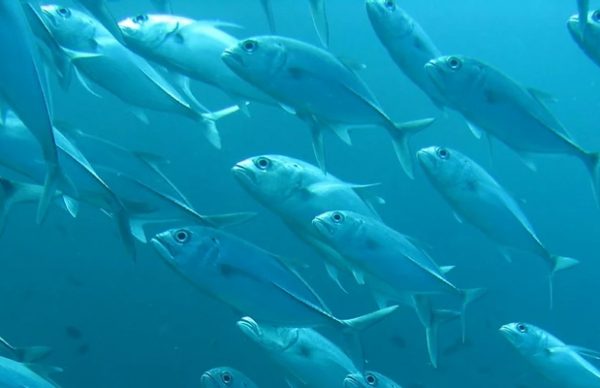 4y
Measuring the long-term success of small-scale reserves in a Philippine reef fishery.
4y
Measuring the long-term success of small-scale reserves in a Philippine reef fishery.
Abstract Tropical coral reefs are subject to multiple pressures from both natural and anthropogenic sources. These pressures have caused widespread
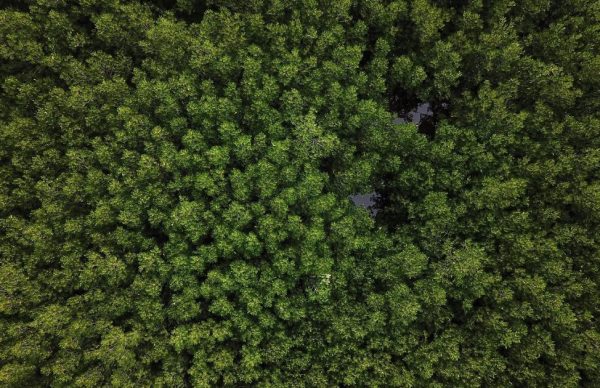 4y
Multiple ecosystem services delivery in rehabilitated mangroves: a case study on the relative benefits of abandoned pond reversion from Panay Island, Philippines
4y
Multiple ecosystem services delivery in rehabilitated mangroves: a case study on the relative benefits of abandoned pond reversion from Panay Island, Philippines
Abstract Mangroves provide vital climate change mitigation and adaptation (CCMA) ecosystem services (ES), yet have suffered extensive tropics-wide declines. To
 4y
Achieving net benefits: A roadmap for cross-sectoral policy development in response to the unintended use of mosquito nets as fishing gear
4y
Achieving net benefits: A roadmap for cross-sectoral policy development in response to the unintended use of mosquito nets as fishing gear
Recommendations in summary We recommend that the WHO, FAO, UNDP and other UN agencies recognise the need for strategic, collaborative
 4y
Manual for community-based mangrove rehabilitation
4y
Manual for community-based mangrove rehabilitation
 4y
An integrated assessment of coastal fisheries in Mozambique for conservation planning
4y
An integrated assessment of coastal fisheries in Mozambique for conservation planning
Abstract Conservation planning of coastal ecosystems is improved by quantitative data on human activities and marine habitats, though is challenging